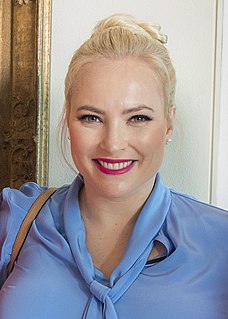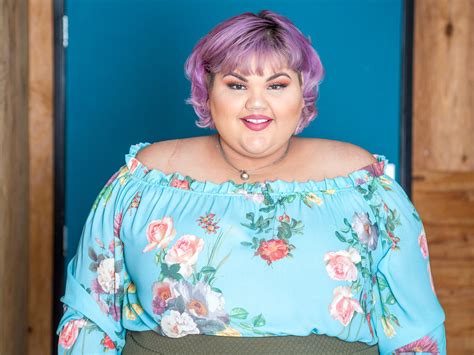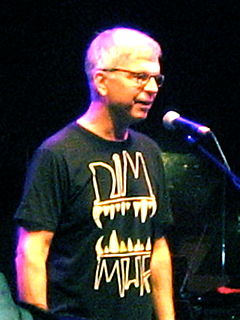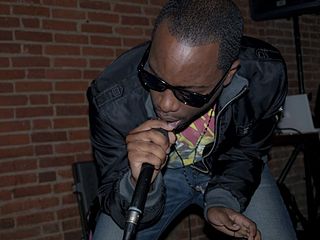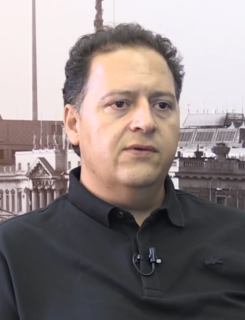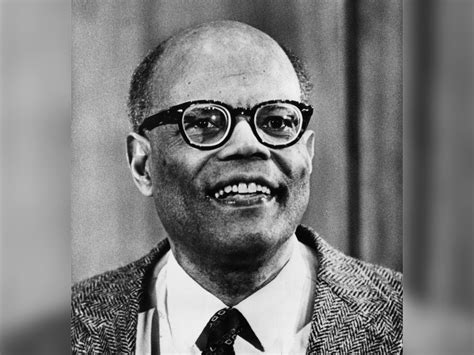A Quote by Anoushka Shankar
My father taught me to play the sitar when I was seven years old. He and his elder disciples oversaw my teaching from the beginning, looking after my scale work, the poor things.
Related Quotes
Traditional education focuses on teaching, not learning. It incorrectly assumes that for every ounce of teaching there is an ounce of learning by those who are taught. However, most of what we learn before, during, and after attending schools is learned without its being taught to us. A child learns such fundamental things as how to walk, talk, eat, dress, and so on without being taught these things. Adults learn most of what they use at work or at leisure while at work or leisure. Most of what is taught in classroom settings is forgotten, and much or what is remembered is irrelevant.
Where possible Paul avoids quoting the teaching of Jesus, in fact even mentioning it. If we had to rely on Paul, we should not know that Jesus taught in parables, had delivered the sermon on the mount, and had taught His disciples the 'Our Father.' Even where they are specially relevant, Paul passes over the words of the Lord.
Elvis came along when I was 10. My father gave me a bass ukulele. I taught myself how to play from a book to play some chords, so I was laying down 'Hound Dog' and things like that when I was 10 years old in 1955. That's the way I was. My ear was glued to the radio. I knew right then what I wanted to do.
I think about my education sometimes. I went to the University of Chicago for awhile after the Second World War. I was a student in the Department of Anthropology. At that time they were teaching that there was absolutely no difference between anybody. They may be teaching that still. Another thing they taught was that no one was ridiculous or bad or disgusting. Shortly before my father died, he said to me, ‘You know – you never wrote a story with a villain in it.’ I told him that was one of the things I learned in college after the war.
He will be the best Christian who has Christ for his Master, and truly follows Him. Some are disciples of the church, others are disciples of the minister, and a third sort are disciples of their own thoughts; he is the wise man who sits at Jesus' feet and learns of Him, with the resolve to follow His teaching and imitate His example. He who tries to learn of Jesus Himself, taking the very words from the Lord's own lips, binding himself to believe whatsoever the Lord hath taught and to do whatsoever He hath commanded-he I say, is the stable Christian.
I was writing - at least beginning to write Boston Boy and there were a lot of holes in my so-called research. I didn't know the towns my mother and father came from in Russia. I didn't know the name of the clothing store I went to work for when I was 11 years old. I didn't know a lot of things. So I called for my FBI files, not expecting to have that stuff there, but I wanted to know what they had on me.But they did have the towns my mother and father lived in in Russia. They had the grocery store I worked in when I was 11 years old.
My earliest influences would definitely be my father, just seeing him play in different bands and going to his shows and going to the rehearsals. You know what I'm saying, it was the typical story of a son looking up to his dad. So the years that my father was around, my father was my biggest influence.
When I was 7 years old and my father [Pablo Escobar] tells me "my profession is that of a bandido (a bandit) that is what I do" - these are the words he tells me after the assassination of the Minister of Justice ordered by my father himself in 1984 - it's very difficult to react to that when you are only 7 years old because you don't realize the significance of the word bandido.
When I was seven, I had to stay home for several weeks because of some ailment, whereupon my father elected to teach me so that I should not fall behind. In fact, he taught me in three months as much as the school taught in two years, so, on returning to school, I was shifted from grade 4 to grade 6.
Hinduism threw away Buddhism after taking its sap. The attempt of all the Southern Acharyas was to effect a reconciliation between the two. Shankaracharya's teaching shows the influence of Buddhism. His disciples perverted his teaching and carried it to such an extreme point that some of the later reformers were right in calling the Acharya's followers "crypto-buddhists".

